
Date: 27 March 2017
Glass which is bendable and flexible enough that it can be transferred directly from the melt to the roller for wrapping is not something out of a science fiction film, but rather an actual product for the here and now. At the leading international exhibition for printed electronics, LOPEC, March 28-30 in Munich, each of the partners will have flexible thin glass on display at their respective exhibition booths (Hall B0: Fraunhofer FEP, booth 318; SCHOTT, booth 106; VON ARDENNE, booth 210).
The international technology group SCHOTT is presenting several types of ultra-thin glass from its portfolio, which, due to their measure of flexibility, can not only be wrapped around a finger, but also onto rolls.
The highlight at the company booth is a close-to-production prototype of ultra-thin glass on roll, which is currently being further developed and optimized through mid-2018 under the auspices of the research project KONFEKT in close cooperation with the Fraunhofer Institute for Organic Electronics, Electron Beam and Plasma Technology (Fraunhofer FEP), the specialty adhesive tape producer tesa SE and German equipment manufacturer VON ARDENNE GmbH.
Ultra-thin glass as basis technology
With a minimal thickness of 25 micrometers (µm) SCHOTT’s innovative ultra-thin glass is thinner than a single human hair. In ultra-thin thicknesses of less than 150 micrometers this glass has proven to be bendable yet stable.
This leads to advantages over other substrate materials such as plastics, metals or silicon. In addition, as an inorganic material, glass offers a wide variety of benefits, whether it is in terms of optical quality, temperature stability, chemical consistency, gas density or mechanical resistance.
Ultra-Thin Glass for the Optoelectronics and Semiconductor Industry
https://www.youtube.com/watch?v=4iEh5BitUAs

VISION | Flexible Glass
Following LOPEC, Fraunhofer FEP is organizing and hosting an international research and networking event, April 4-5 in Dresden, VISION | Flexible Glass, which focuses on driving forward the development of ultra-thin flexible glass. The institute has invited a number of experts to participate in the workshop and to discuss the future of this fascinating material.
An excited Dr. Manuela Junghähnel, group head for flatLab at Fraunhofer FEP, about the upcoming event: “With its reputation as a leading research and development center for the processing of flexible glass, Fraunhofer FEP is in a position to gather many of the global key players within the industry to attend VISION | Flexible Glass, including glass manufacturers, mechanical engineers and end users. With our workshop, we have committed ourselves to further developing and expanding the network with the aim of coming up with more innovative ideas for pioneering applications in this area.”
At both the workshop in Dresden and at LOPEC 2017 the development partners are preparing to demonstrate how to successfully transfer the large-scale production of ultra-thin glass substrate into applications for organic and printed electronics.
Since the fall of 2013 the partners have been working together to drive forward the development of a “convertible thin-glass functional substrate for applications in organic electronics”. The KONFEKT project is planned to run until mid-2018, but it has already produced significant results.
Since the previous year, for example, the team was able to significantly enhance the glass edge strength. Despite the fact that there are still more challenges to manage and overcome in the next several months, the development partners are optimistic that through intensive research work and very close and productive collaboration, they will be able to bring glass on roll to market readiness together.
“Printed electronics is an interesting growth market where ultra-thin special glass can represent the optimal substrate for it,” notes Thomas Wiegel, application engineer for ultra-thin glass at SCHOTT, adding, “which is why we are looking forward to giving visitors at LOPEC and VISION | Flexible Glass an exclusive preview of our research results thus far. We plan to have a close-to-production prototype of glass on roll with us, which tangibly demonstrates where we are at the moment and in which direction we are planning to go forward with it.”
Target: Avoiding glass breakage
Because it is absolutely critical to avoid any breakage of the ultra-thin glass when rolling or processing it, the consortium partners are currently placing their focus on the optimization of this aspect of their combined research. Ultimately, the goal is to deliver a glass on roll which meets the highest possible quality standards.
Each partner participating in the KONFEKT project brings its unique expertise to the research consortium with the aim of achieving a robust and unbreakable glass on roll by the end of the project, which maintains its functional surface area through coating and laminating processes.
SCHOTT provides its expertise in ultra-thin glass along with its deep knowledge in the processing and chemical optimization of glass. tesa SE, with a long history of providing adhesive tapes on rolls, gives the glass its finish by laminating it with specialty adhesives and functional layers.
“As an innovative mechanical engineering company, VON ARDENNE brings decades of experience in the development and manufacture of roll-to-roll coating machinery for films and metal strips to this project, not to mention a wealth of know-how in magnetron sputtering for large-scale glass coating,” explains Dr. Andreas Nilsson, Vice President Web Coating for the Dresden-based company.
“With our new web coating system, the FOSA LabX 330 Glass, we want to demonstrate today the feasibility of this forward-looking technology and we are truly thrilled about the exciting application development made possible based on flexible glass,” added Nilsson. VON ARDENNE will also be at LOPEC presenting its latest solution. The new system is scheduled to make its live debut to an audience of industry professionals when it is introduced at the VISION | Flexible Glass workshop.
In addition to presentations on products and solutions at its trade show booth, SCHOTT is planning to offer a special expert event:
Presentation in parallel to the trade show:
- ”Ultra-thin Glass – striving to achieve seamless integration of thin glass into today's mass production processes and environments”
- Matthias Jotz, Global Product Manager Semicon and Sensors, Thin Glass and Wafer at SCHOTT
- March 28, 2017, from 3 - 3:20 pm;
- Room 13b
Following his presentation, Jotz is available to take questions and give interviews to journalists. To simplify the coordination of any potential discussions and to offer interested parties the best possible options to meet in undisturbed settings, we look forwarding to receiving an advance notification of interest at the following E-mail: michael-matthias.mueller@schott.com, Tel: +49 6131/66-4088.
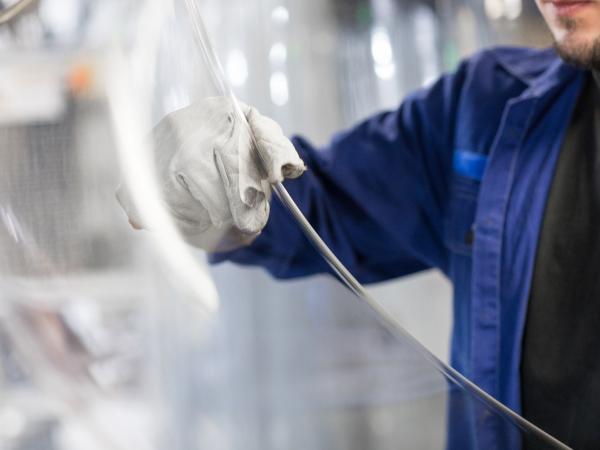 600450
600450

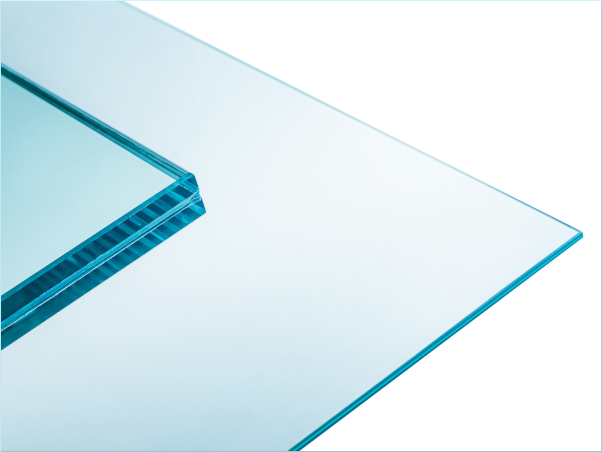









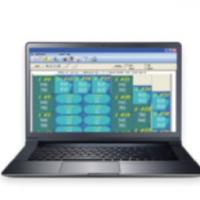
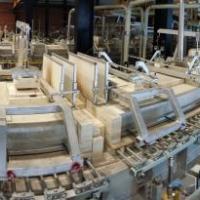
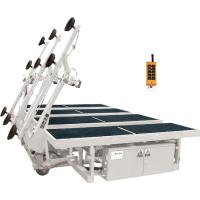


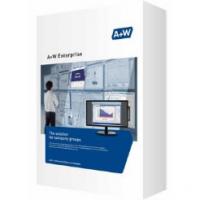
Add new comment